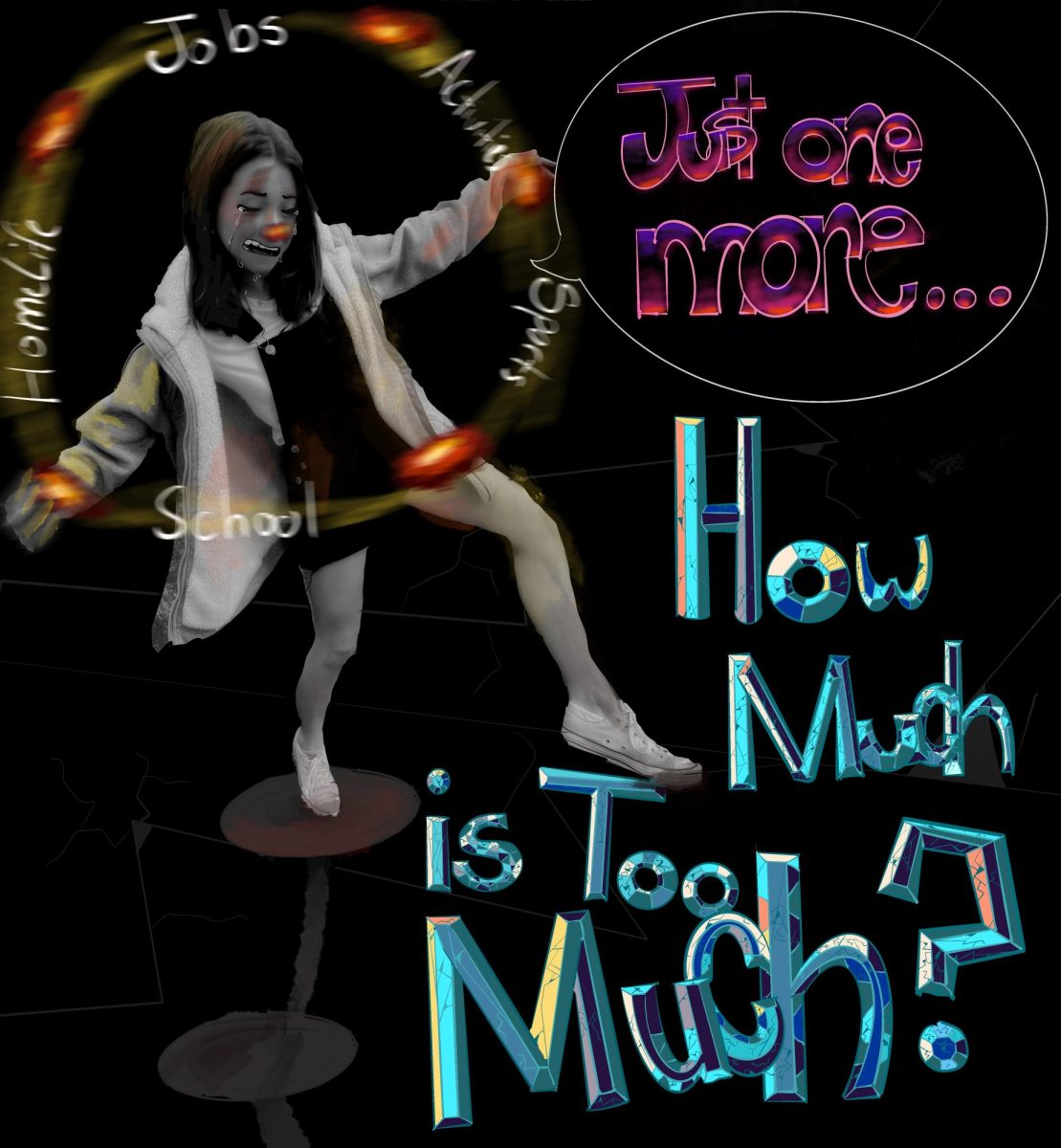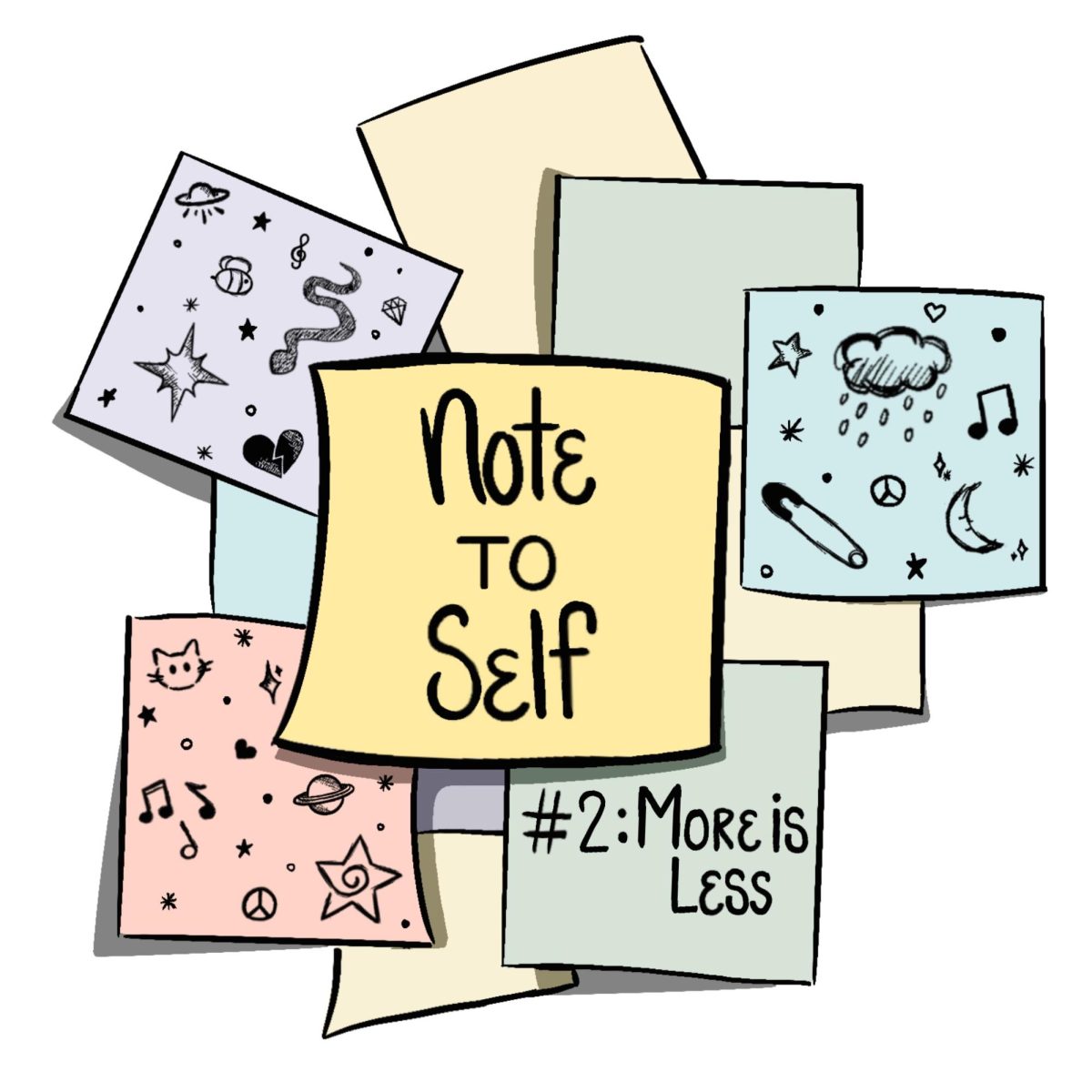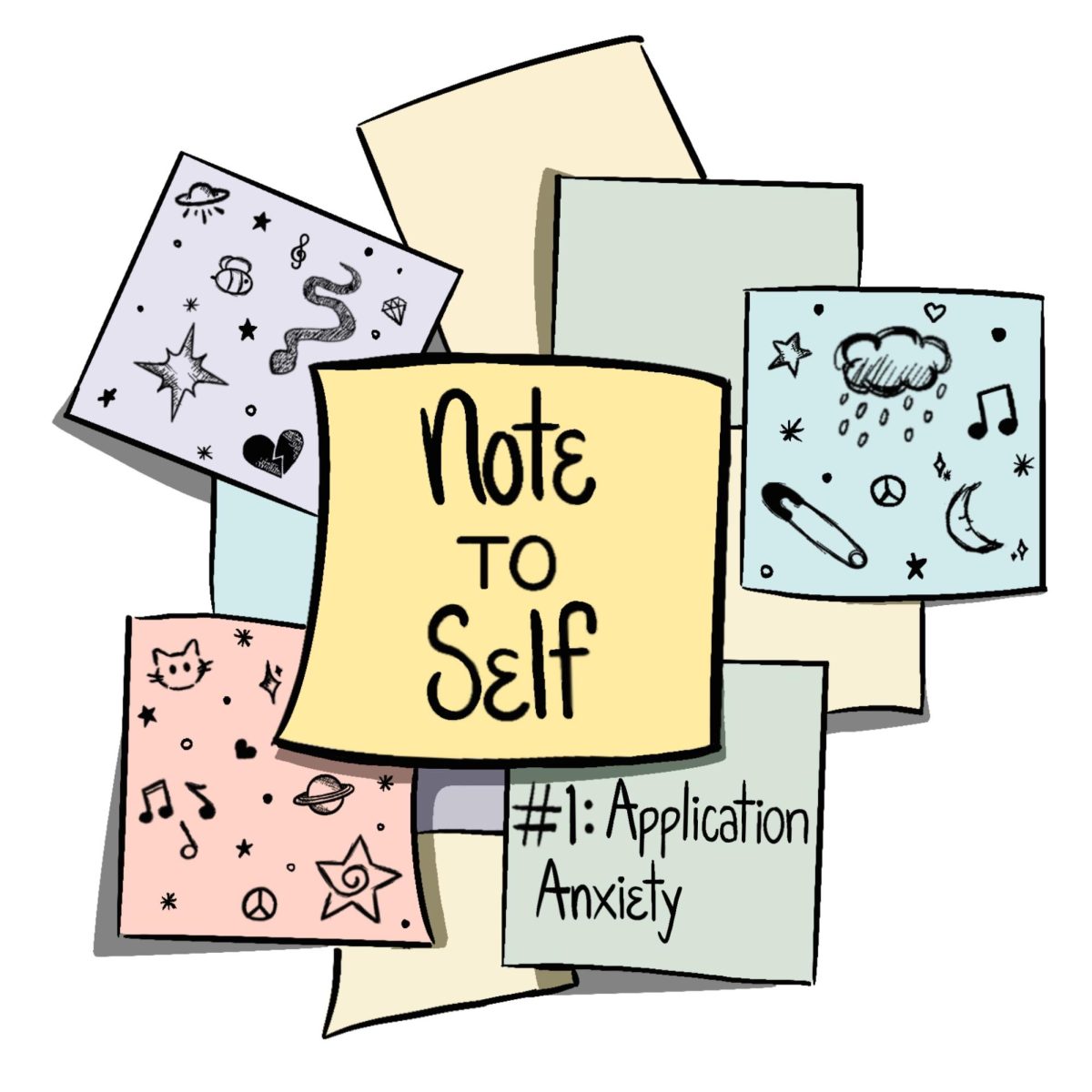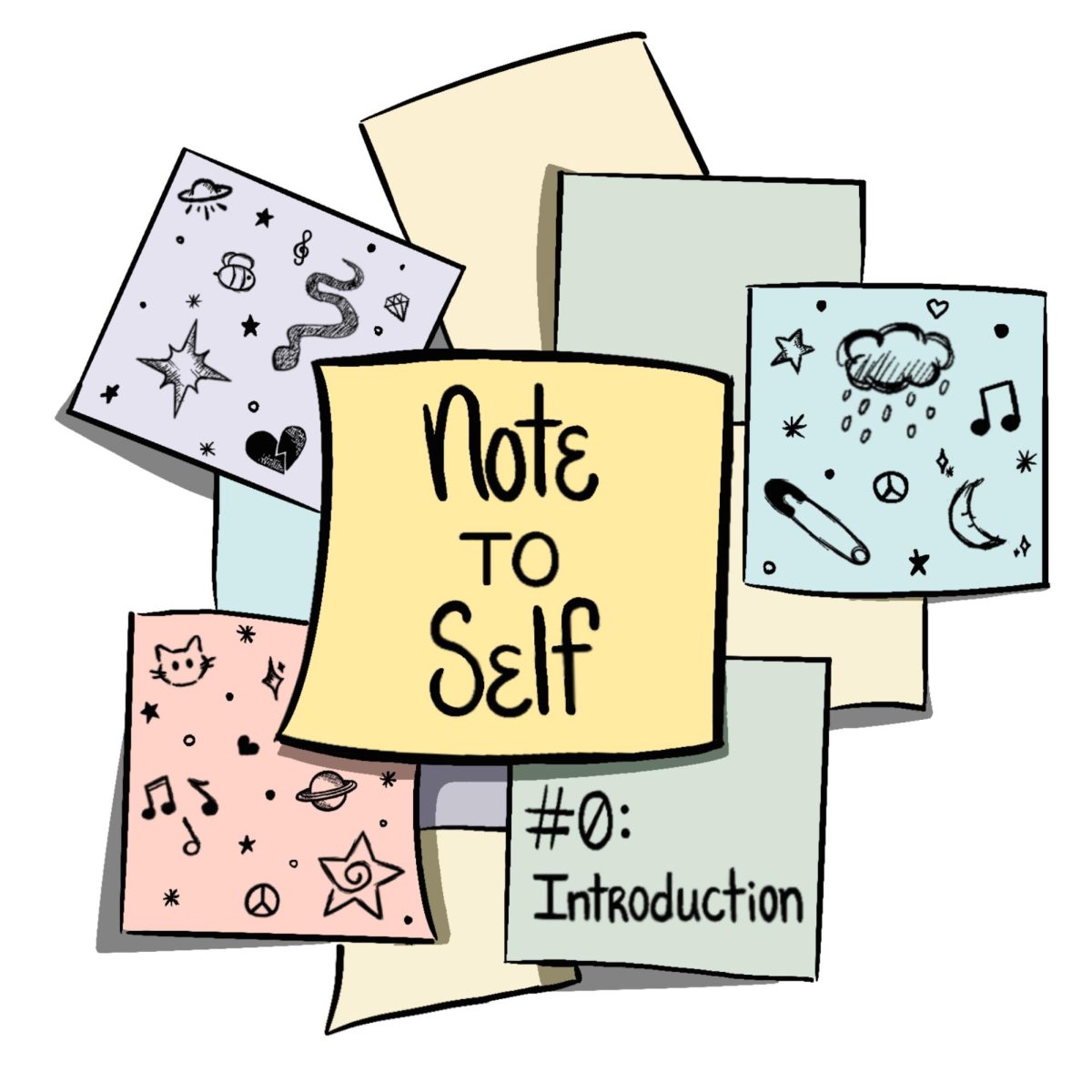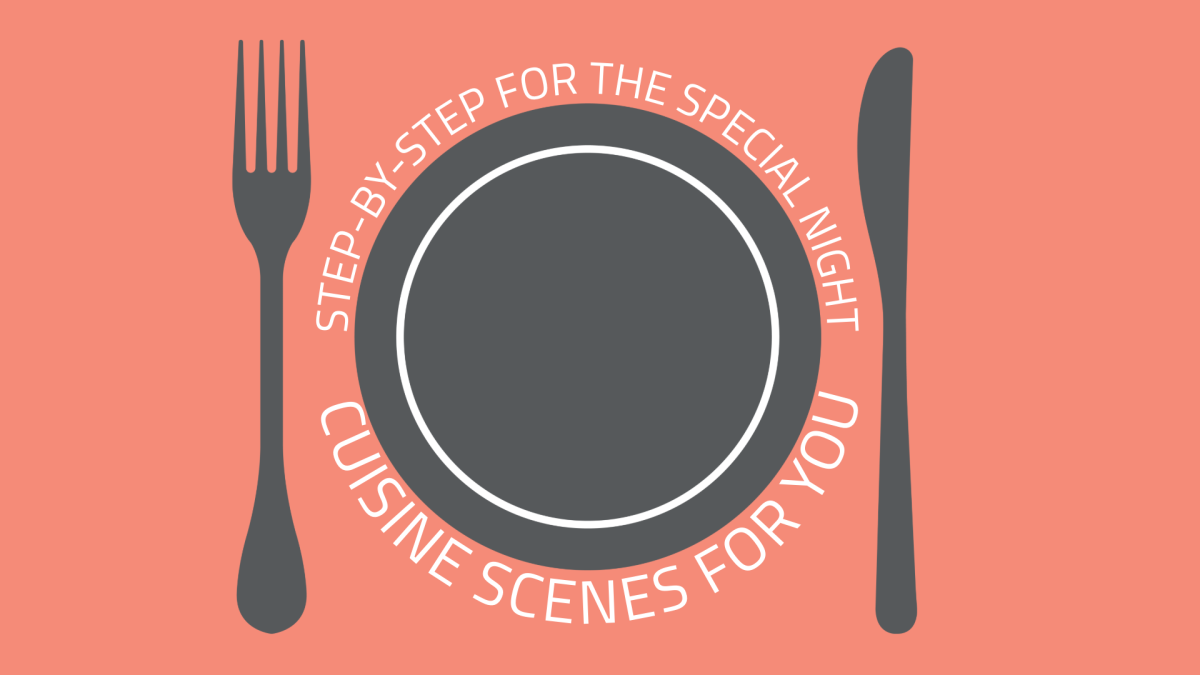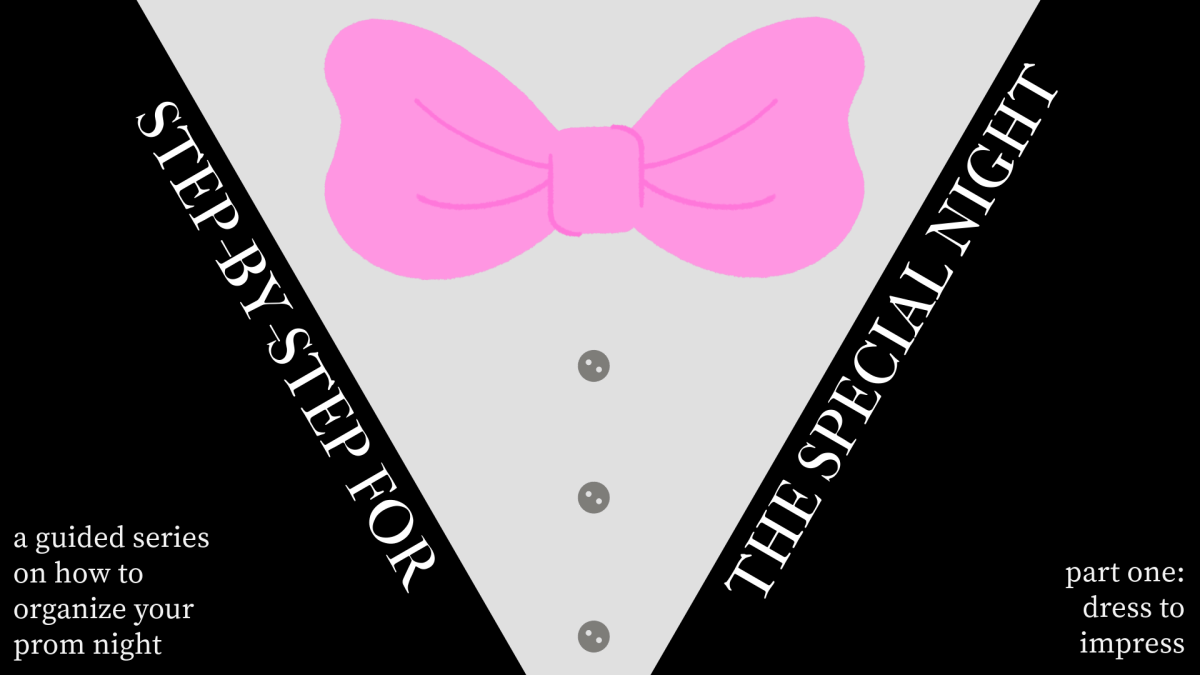Students and teachers remember Supreme Court Justice Ruth Bader Ginsburg and reflect on women’s rights throughout school
After Justice Ginsburg’s death, students and teacher reflect on her legacy.
November 11, 2020
Sept. 18, 2020, the world discovered the tragic news: the unstoppable Supreme Court Justice Ruth Bader Ginsburg passed away after a struggle with pancreatic cancer.
Ginsburg, otherwise known as the “Notorious RBG”, paved paths for women and left behind a revolutionary legacy. In 1993, President Bill Clinton appointed her as the second female Supreme Court justice in history.
“Her legacy is, in a way, the lives that countless Americans are able to live today,” said Joe Pinsker of The Atlantic. “Ginsburg achieved the status of celebrity as a Supreme Court justice, and during her tenure she cast votes in support of Americans’ ability to get an abortion and to marry someone of the same sex.”
Ginsburg broke occupational and leadership barriers by becoming the first woman in several positions. This made it easier for women to work in the jobs she had.
Ginsburg was born in 1933 in Brooklyn, New York. Ginsburg taught at Rutgers University Law School and then at Columbia University, where she became Columbia’s first female tenured professor, according to History.com. She held the position of director of the Women’s Rights Project of the American Civil Liberties Union and then was appointed to the U.S. Court of Appeals representing the District of Columbia in 1980.
Ginsburg influenced the United States government before and during her appointment to the Supreme Court.
“She represented the gaps in equity for women and men during several cases before the Supreme Court,” history teacher Mathew Henbest said. “She made a significant impact long before she sat on the bench as a Justice for the Supreme Court.”
Ginsburg made a path to government for women and was a trailblazer for all women. Three additional women, Sonia Sotomayer, Elena Kagan, and Amy Coney Barrett have joined the Supreme Court bench since RBG did.
Ginsburg fought for equal rights for LGBTQIA+ people and people with disabilities in addition to fighting for women’s rights. She helped to expand protections for LGBTQIA+ people in work environments and argued in favor of the Americans with Disabilities Act of 1990 in the Supreme Court, (she particularly played a crucial part in the majority of the Supreme Court case Olmstead v. L.C.).
“Not only did she focus on equal pay but she was a part of decisions for gay marriage and the equal rights for the LGBTQ community,” US Government teacher, Aaron Paul, said. “She fought for the right to attend any public university no matter your gender and the right for people with mental disabilities to be a part of a community [and] not just placed in an institution.”
So many people looked up to Ruth Bader Ginsburg, celebrated her accomplishments, and now mourn her.
“I think it is hard for people who see the documentary [such as “RBG”] or read the book [Notorious RBG, and many others] and not be inspired by her life,” Henbest said. “People cared about her and her role… perhaps more than any other Justice ever. In a society that values men so often, it is great to learn about a woman who was truly revolutionary.”
“It is really amazing how she powered her way through and became a lawyer,” Shloka Knadukuri ‘24 said. “She really is an inspiration to everyone.”
Her legacy of protecting women’s rights still exists.
And the fight for women’s rights is not over. Throughout history, schools have encountered problems with discrimination against women.
At school, many people think the dress code is discriminatory.
“The dress code is specifically made in which the way girls dress is seen as a problem. Girls are constantly sent home to change because of their outfits, but it never happens to guys,” Rosa Lee ‘21 said. “This action sends a message that a guy’s education is [more] valued than a girl’s, which is clear discrimination.”
Lee also pointed out problems in school athletics.
“[Additional] evidence of discrimination would be how girls are not allowed to play certain sports and [some are] only catered towards guys. For example football or wrestling which don’t have a girl’s team. There should be options for both genders.”
Subtle discrimination, no matter how
“I haven’t experienced much discrimination, but when I tell someone that I do taekwondo, they are really incredulous,” Shloka Kandukuri said.
There is certainly still discrimination, but we all, as humans, strive to get better. Ginsburg helped to establish and helped women to move forward in society. “[Ginsburg’s] legacy is alive and well in all the women she has inspired to follow a dream of law,” Paul said. “Or even the women who now have the confidence to stand up and call the system sexist when it is warranted.”
Amy Coney Barrett is a right-leaning federal judge who is President Trump’s appointee for the Supreme Court. In her confirmation hearing, 52 senators voted for her confirmation, while 48 voted against it.
“Her vote, alongside a conservative majority, could make the difference for decades ahead, especially on divisive issues such as abortion rights and the Affordable Care Act (the Obama-era health insurance provider),” reports Vicky Baker of BBC news. “Barrett’s legal opinions and remarks on abortion and gay marriage have made her popular with the religious right, but earned vehement opposition from liberals.”
Barrett graduated from Notre Dame Law School in 1997. She is a well-renowned professor at the law school, and is known as an intellectual.
Conservatives believe Amy Coney Barrett is the perfect candidate.
“Her brilliance is matched only by her compassion,” Barrett’s former student Laura Wolk said, according to (hyperlink). “And her integrity is unassailable.”
She would be the fifth female Justice on the bench and the second conservative woman.
However, there is speculation that she may undo some of Ginsburg’s work.
A Catholic Social Services (CSS) organization pairing with the city of Philadelphia wants to deny LGBTQ+ people the ability to foster through their program. This will become a Supreme Court case.
“CSS sued the city, claiming the Constitution gives it the right to opt out of the nondiscrimination requirement,” the American Civil Liberties Union said. “After a lower court and a federal circuit court ruled in the city’s favor, CSS appealed to the Supreme Court. The case, Fulton v City of Philadelphia, has implications not only for the future of foster care, but for the protection of all people from discrimination in the alleged name of religion. Arguments are set for November 4th.“
Barrett is also a devout Catholic, which has caused some controversy about whether her religion will be a major factor in her decision-making.
“If Amy Coney Barrett is confirmed as the new Supreme Court justice, she will be one of six Catholics on the bench. She would be joined by an Episcopalian who was raised as a Catholic. and two Jewish justices,” Tom Gjelten of NPR news said. However, “…the Catholicism of Sotomayor or Thomas, or that of Antonin Scalia, John Roberts, Samuel Alito, or Brent Kavanaugh, barely came up in their confirmation hearings.”
However, Barrett herself has said that it is necessary for a justice to take into account their own beliefs.
“(Catholic judges) are obliged by oath, professional commitment, and the demands of citizenship to enforce the death penalty. They are also obliged to adhere to their church’s teaching on moral matters,” Barrett wrote in a 1998 article.
Liberals are concerned about her stances on abortion. Barrett has not revealed what her decisions about these cases will be nor indicated whether she plans to overturn Roe.
“I don’t think abortion or the right to abortion would change,” Barrett said in 2016. “I think some of the restrictions would change … the question is how much freedom the court is willing to let states have in regulating abortion.”
Now that the Senate has appointed her to the Supreme Court, her decisions will affect American’s lives for many years to come. Abortion rights, LGBTQIA+ rights, healthcare, and disability rights are potentially at stake. The opinions differ on whether her impact will be a good or bad one.
For more information, go to:
https://www.history.com/topics/womens-history/ruth-bader-ginsburg
https://www.cnn.com/2020/10/06/politics/amy-coney-barrett-abortion-record/index.html
https://www.bbc.com/news/election-us-2020-54303848
https://www.theatlantic.com/family/archive/2020/09/ruth-bader-ginsburg-legacy/616447/






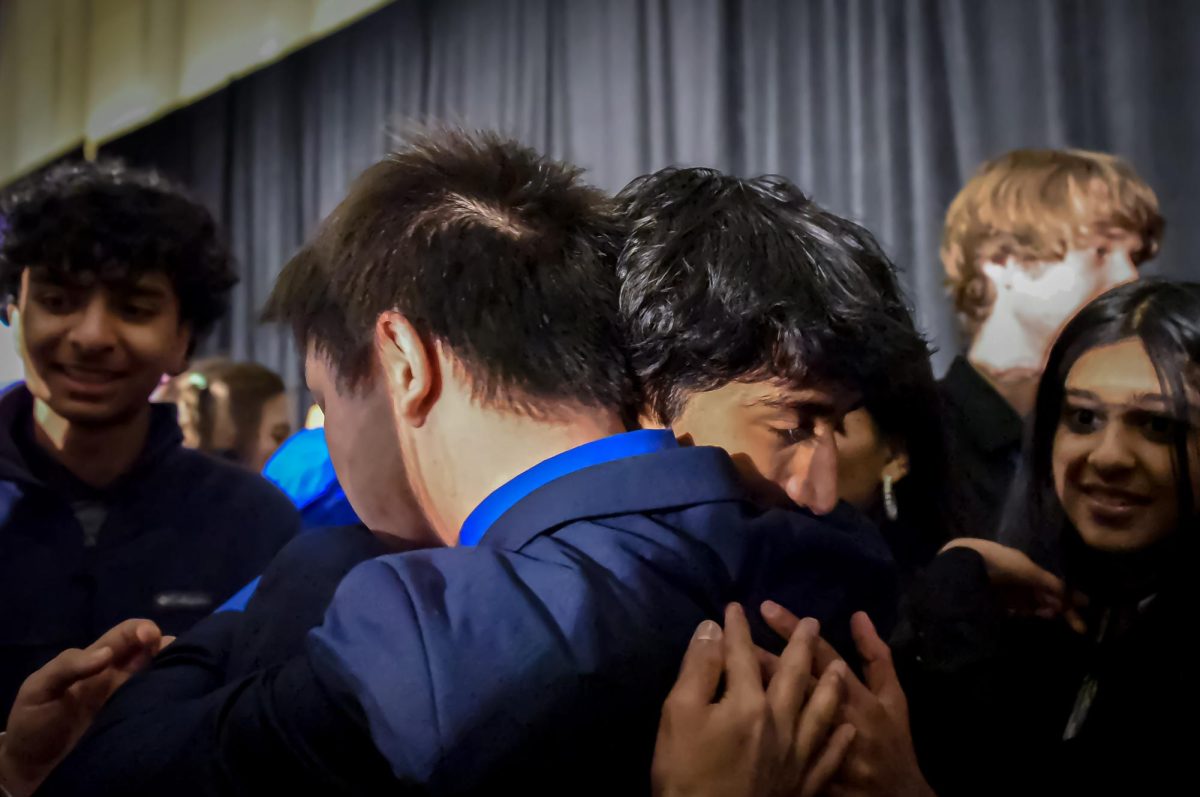

![The winter guard team makes fifth place at the state championship finals in the Denver Coliseum, March 30. The team performed to Barnes Country's “Glitter and Gold,” lead by coaches Margo Sanford, Blair Bickerton and Anna Orgren. In their class there were a total of nine groups participating, and the top five who made it to finals received a plaque. “[Walking onto the stage] is very nerve-wracking, but also very exciting as well. When you first start color guard there's a lot of anxiety and uncertainty when you first perform in front of an audience, but once you've done it for a while, it starts to become the best part of the season,” Ella West ‘25 said. “It's very fulfilling to see an audience react to something you've put your heart and soul into.”](https://rockmediaonline.org/wp-content/uploads/2025/04/Both-socal-media-nd-website-main-1-1200x846.jpg)
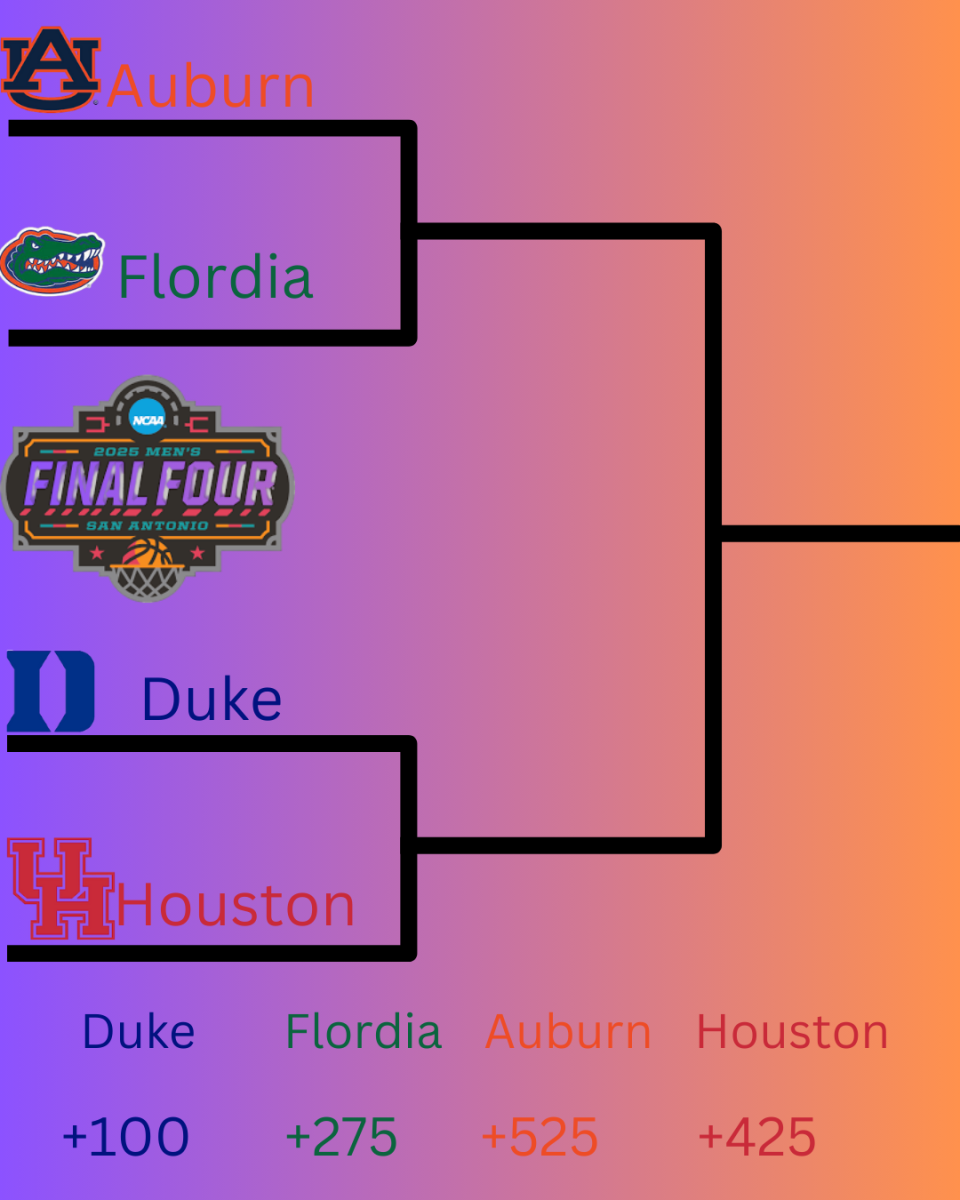
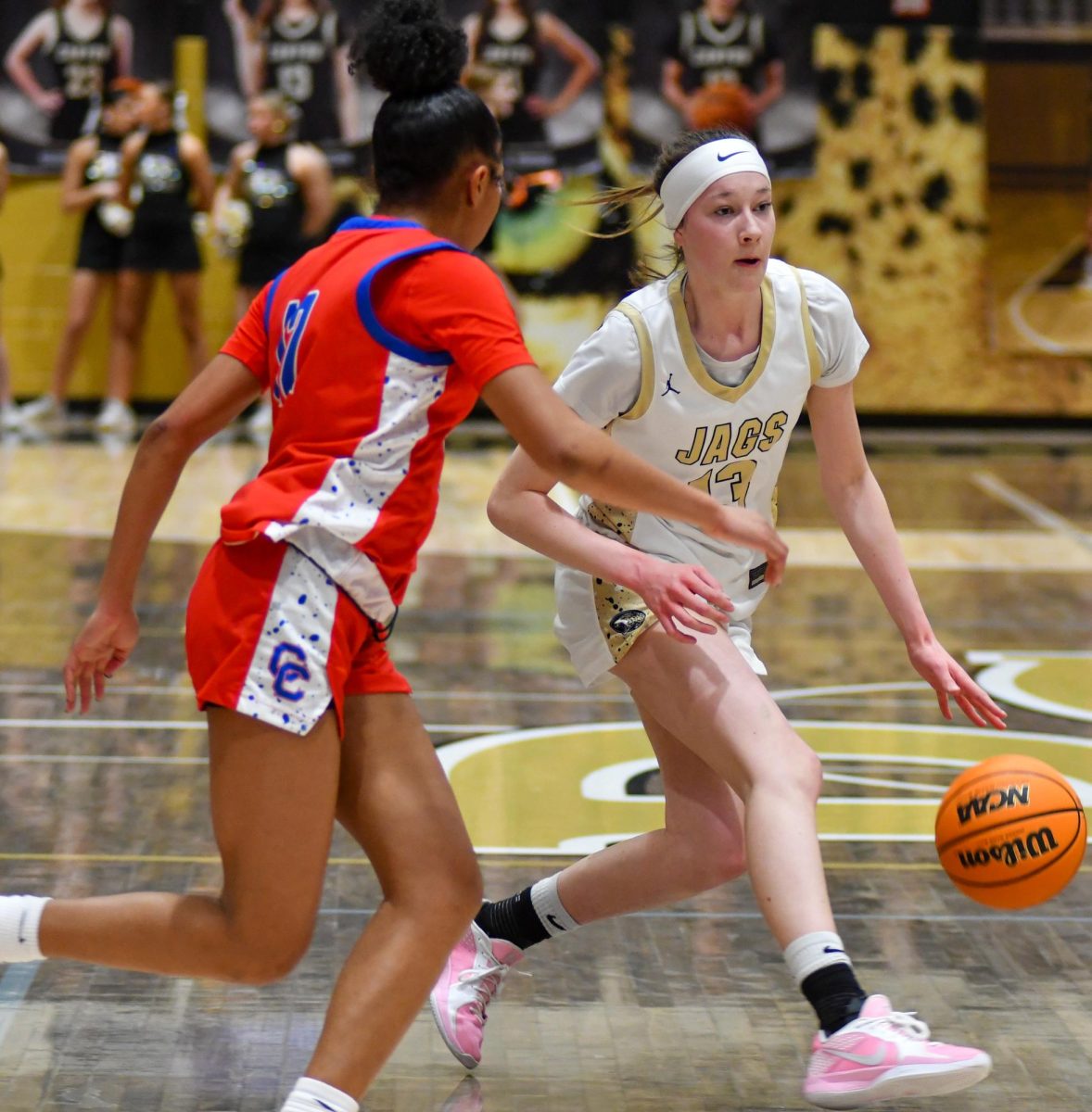




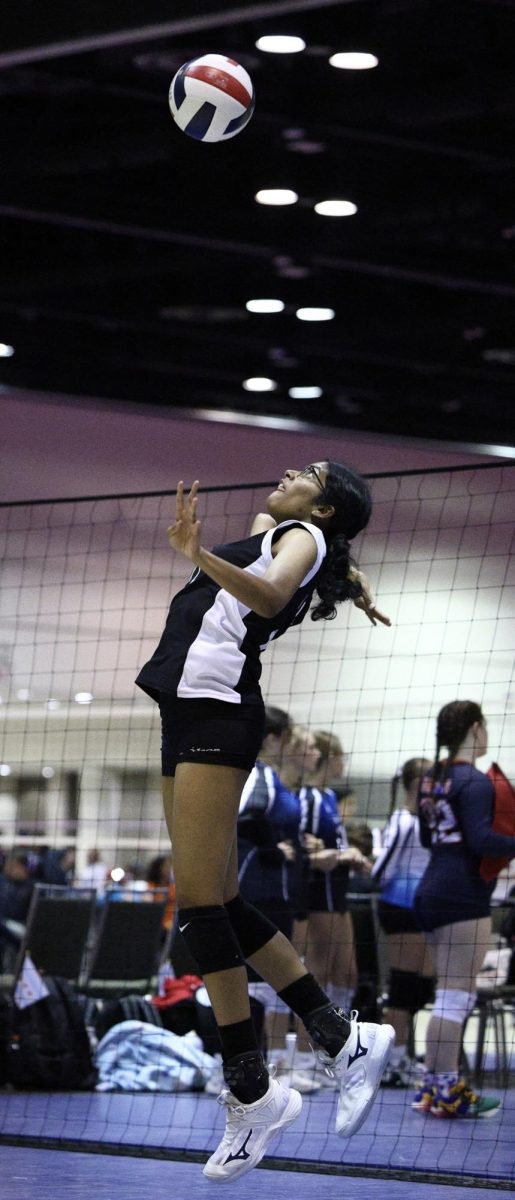
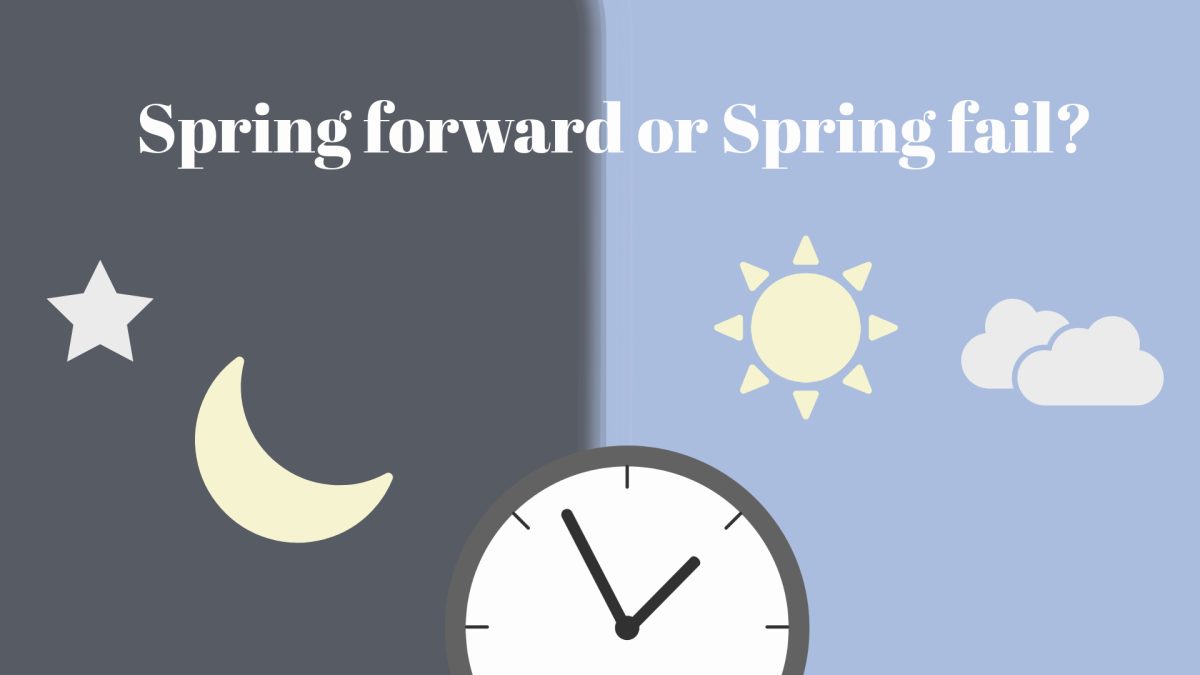
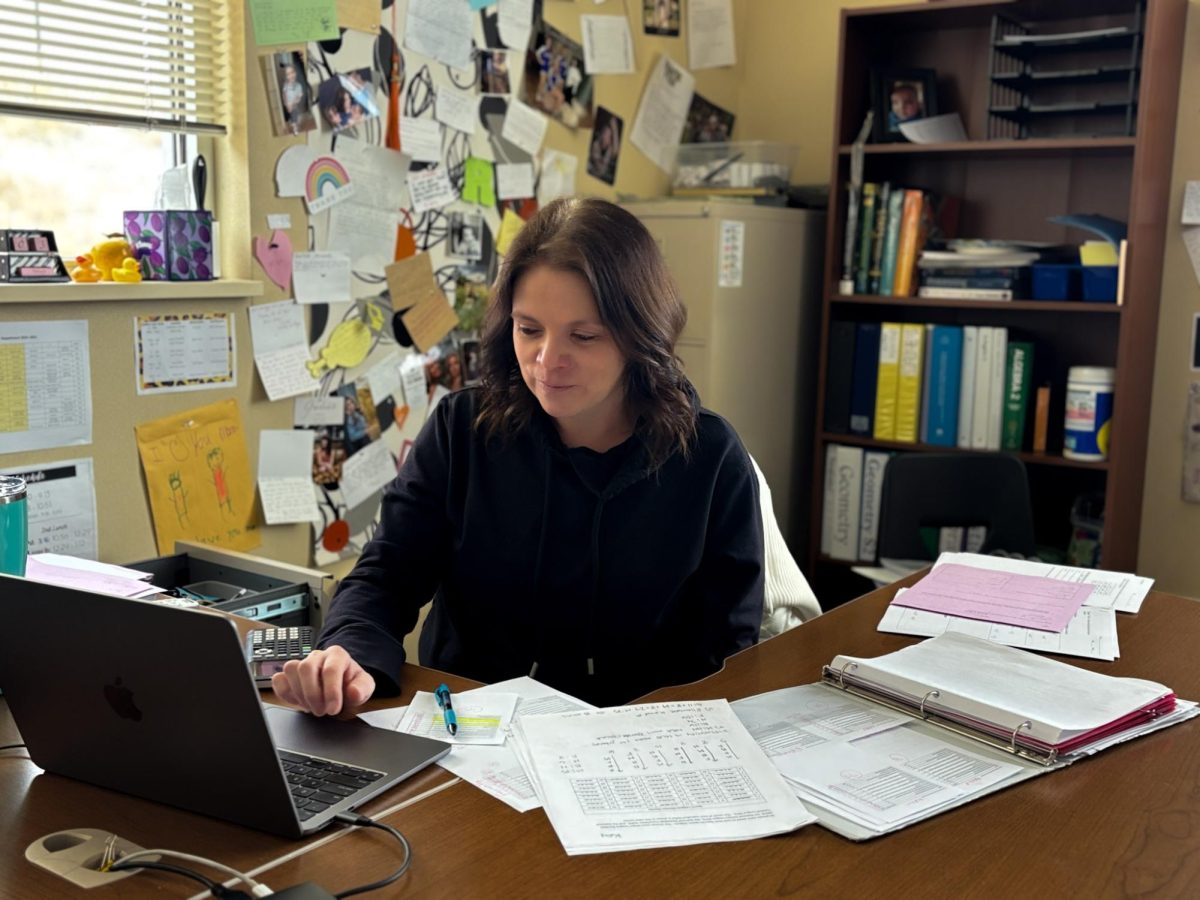






![April marks the 25th anniversary of Sexual Assault Awareness Month, created by the National Sexual Violence Resource Center (NSVRC). This month is to spread awareness of the harassment, assault and abuse that happens around the world. The symbol that represented the month was a teal ribbon; however, some survivors of assault create different symbols and movements like the TikTok trend in 2022, where survivors would tattoo Medusa on their body, in honor of her backstory in Greek Mythology. “I don't think [this month is known] at all. I rarely see anybody talk about it. I rarely see much of an emphasis on posting it online, or much discussion about it, and I feel like there needs to be way more discussion,” an anonymous source said. “I think just validating every experience that a person has gone through, regardless of the degree of it, the severity, is an essential step into making sure that people are aware that this is a very real problem in a society and that we need to do better in addressing it.”](https://rockmediaonline.org/wp-content/uploads/2025/04/IMG_0011-1200x900.jpg)
![Lesbian Visibility Day is April 26, and it’s a holiday to celebrate the lesbian community of the world. Lesbian Visibility day was established in 2008 by many queer activists and organizations who sought to raise more awareness for lesbian history and culture. “So this is why during Lesbian Visibility [Day] we celebrate and center all lesbians, both cis and trans, while also showing solidarity with all LGBTQ+ women and nonbinary people,” Linda Reily, in an article written by her, said.](https://rockmediaonline.org/wp-content/uploads/2025/04/Lesbian-Visibility-day.jpeg)
